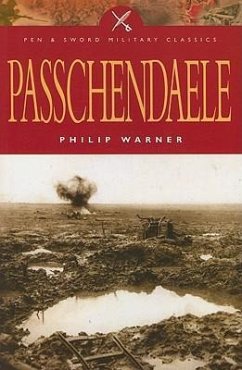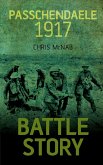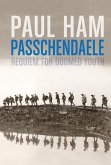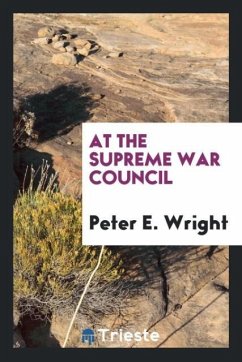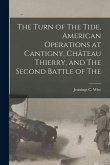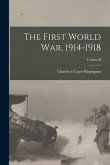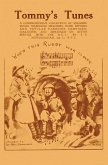The British Passchendaele offensive of 1917 was one of World War I's most tragic, seeing the first use of mustard gas and early efforts at strafing infantry from aircraft. The unique sunken terrain of the area combined with the season of the year to add to the suffering of the troops involved, as fully described in this detailed narrative by accomplished writer and historian.
Hinweis: Dieser Artikel kann nur an eine deutsche Lieferadresse ausgeliefert werden.
Hinweis: Dieser Artikel kann nur an eine deutsche Lieferadresse ausgeliefert werden.

